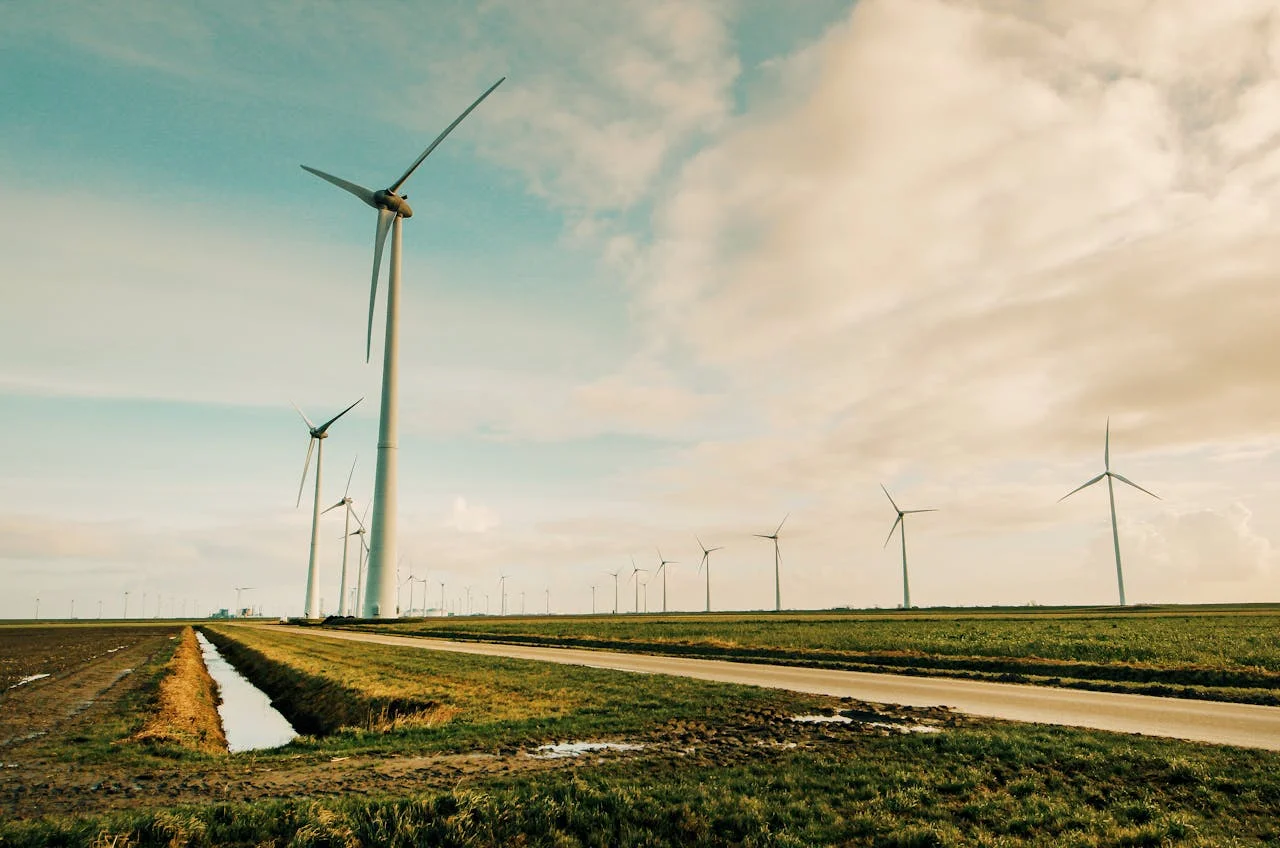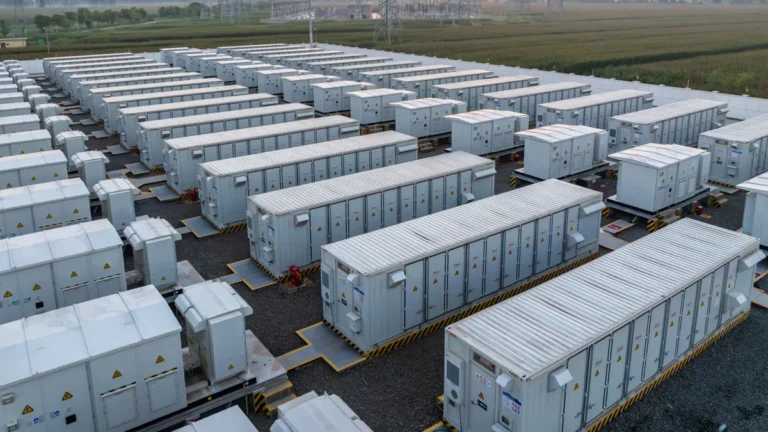
Iberdrola has received final environmental approval from the Portuguese government to construct the country’s largest wind farm. This project marks a significant step in Iberdrola’s expansion in Portugal, advancing the transition to a decarbonized economy with renewable energy and reducing reliance on fossil fuels for greater energy security.
The wind farm will have a capacity of 274 MW, powering approximately 128,000 households, and will be located in Vila Real, Braga. It will be the largest hybrid project in Portugal, combining wind and hydro power by utilizing the grid connection at the Tâmega hydroelectric complex.
Iberdrola obtained the final environmental permit, known as DCAPE, from the Portuguese environmental agency APA, which follows the favorable Environmental Impact Statement received in March 2023. The next step is to apply for a production license, aiming to begin construction in early 2025.
The hybrid wind-hydro setup will enhance the stability and efficiency of renewable energy production by reducing dependency on variable environmental conditions. It will use the same grid connection and infrastructure, minimizing environmental impact compared to separate plants.
Environmental measures will be implemented to protect local ecosystems, continuing successful initiatives from the Tâmega Electroproduction System, including planting native species, forest management, and creating habitats for local fauna. Continuous monitoring will ensure minimal environmental impact.
The Tâmega hydroelectric project, one of Europe’s largest in the past 25 years, includes three plants with a total capacity of 1,158 MW, increasing Portugal’s installed electrical capacity by 6%. It will generate 1,766 GWh annually, enough to power 440,000 households and eliminate 1.2 million tonnes of CO2 emissions yearly, reducing the need for oil imports by 160,000 tonnes. The project has stimulated economic activity, creating up to 3,500 direct and 10,000 indirect jobs, largely benefiting local suppliers.
The Tâmega complex represents a significant investment in Portugal’s energy future, with a total cost exceeding 1.5 billion euros, and will significantly contribute to the country’s renewable energy capacity and storage.







